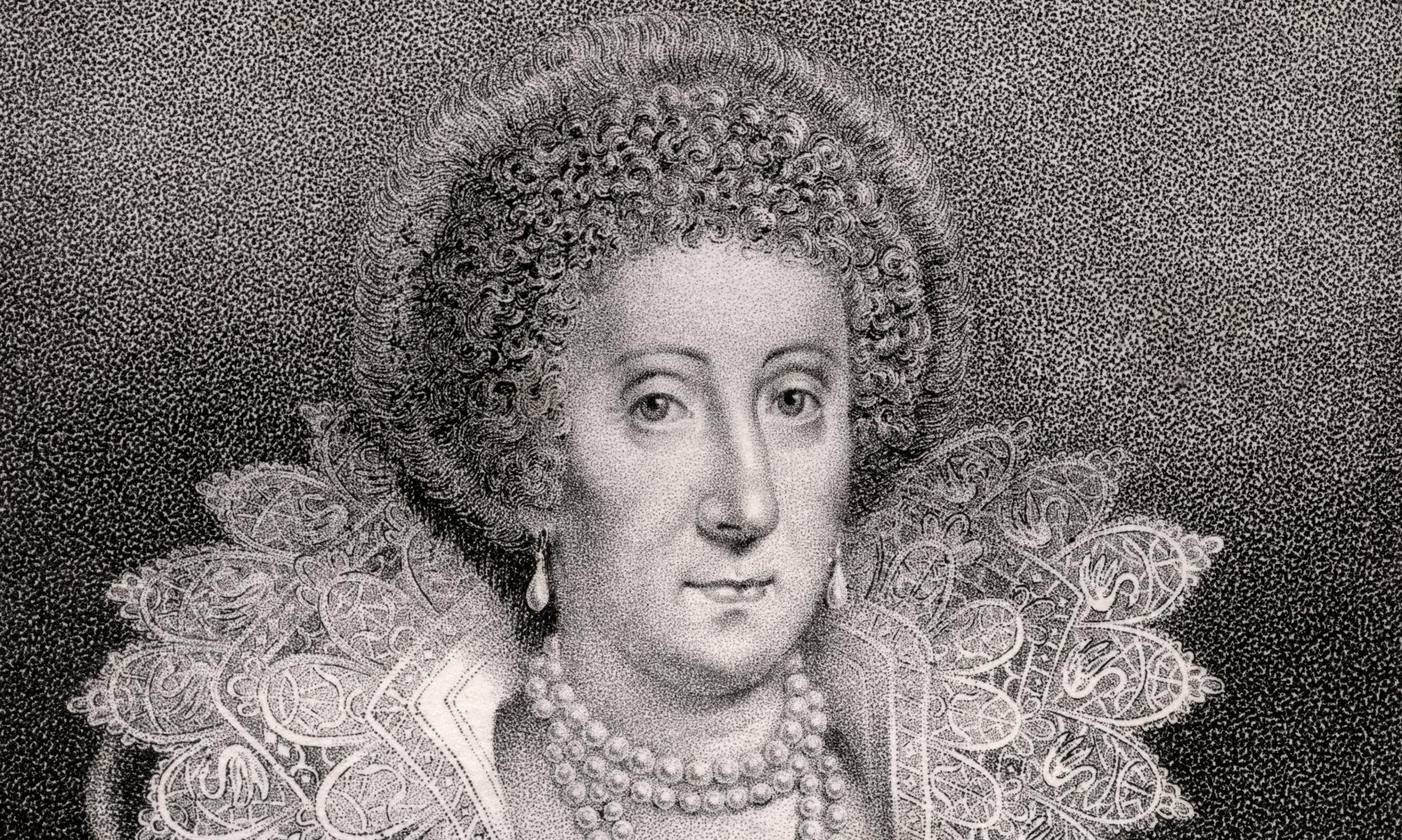
, famously asserted that any hypothetical sister of William Shakespeare would have had her literary gifts thwarted from the outset, thanks to the restrictions on women’s education in the Elizabethan age, not to mention the burdens of motherhood and domestic drudgery.
One is the prolific diarist Anne Clifford, who was certainly known to Woolf because her lover, Vita Sackville-West – a direct descendant of Clifford – had published Anne’s early diaries. Where Woolf regarded Anne as “practical and little educated”, “busied with all the cares of wealth and property”, Sackville-West praised her “sharp, vigorous mind”. In Targoff’s account, Anne – who lived to be 86 – emerges as determined and independent minded, her writing offering a vivid account of her personal battle to assert her rights after she was disinherited from her father’s estate.
brought her to a new audience; and Elizabeth Cary, a child prodigy who went on to become the author of the first published play by a woman in English, despite having 11 children. These women and their writings are not unknown, but to see their individual and occasionally interwoven stories set out side by side is to understand with greater clarity that, while Woolf was not wrong about the obstacles faced by female writers, she was mistaken about the quality and reception of their work.
, was published with only her initials on the title page, to conceal her identity.
Anne Clifford, only surviving child of the Earl of Cumberland, spent four decades in legal action to recover the estates that her father had bequeathed to his brother and his male heirs, in what Targoff calls “one of the most impressive challenges to patriarchy that England had ever seen”. Though her diaries were not intended for publication, her interest in recording her inner landscape as well as the more ordinary events of her days (“I ate so much cheese that it made me sick”) results in an extraordinarily rich picture of early Jacobean life. When Anne and her husband, the Earl of Dorset, are summoned to see the king about her lawsuit, she declares: “Now I had a new part to play upon the stage of this world.” Only Aemilia published under her own name in her lifetime: “this daughter of an immigrant father and a mother unable to sign her name made English history by becoming the first woman in the 17th century to publish a book of original poetry”.
, her name obscured and subsumed by a more famous man.
is a valuable addition to our understanding not only of women’s writing at the turn of the 17th century, but of their lives. As Targoff concludes: “the more of these voices we can uncover, the richer our own history becomes”.
. Delivery charges may apply


Post a Comment
0Comments